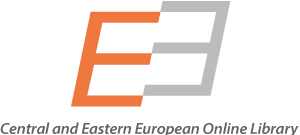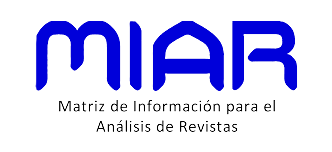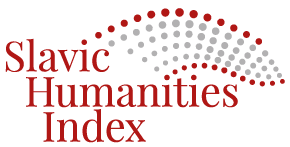HOW THE BOLOGNA PROCESS HAS CHANGED THE CLASSROOM / KAKO JE BOLONJSKI PROCES IZMIJENIO UČIONICU
DOI:
https://doi.org/10.46352/23036990.2020.70Keywords:
the Bologna process, University of Banja Luka, Bosnia and HerzegovinaAbstract
The Bologna process is generally described as a joint effort of European education policy makers and universities in creating a common higher education area in Europe aimed at increased student and staff mobility, as well as overall comparability and compatibility of higher education systems across Europe. The large-scale reforms have inspired and generated volumes of academic publications from a number of perspectives, e.g. economic, legal, political, and so forth. What seems to be lacking at this point is a more practical investigation into how the Bologna process has transformed the education systems of some of its less visible member countries such as Bosnia and Herzegovina. More specifically, the aim is to show how the reforms have affected what goes on in the classroom by comparing select aspects of studying in both pre-and post-Bologna times at one of the country’s universities. Examples have been given of courses taught and taken at the University of Banja Luka’s English department pre-and post-Bologna to draw a parallel between some of the coursework and examination requirements now and then.
Downloads
Downloads
Published
How to Cite
Issue
Section
License
Copyright (c) 2020 Journal of the Faculty of Philosophy in Sarajevo / Radovi Filozofskog fakulteta u Sarajevu, ISSN 2303-6990 on-line

This work is licensed under a Creative Commons Attribution-NonCommercial 4.0 International License.













